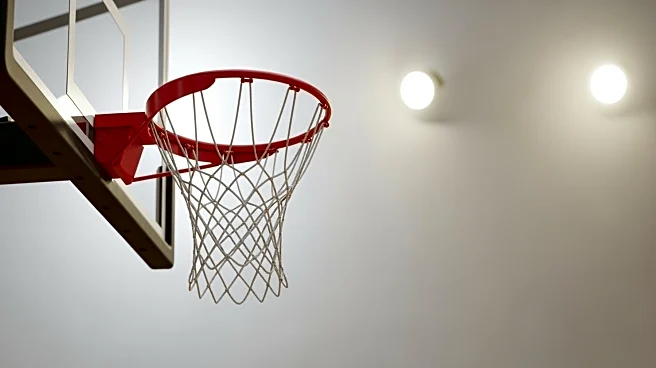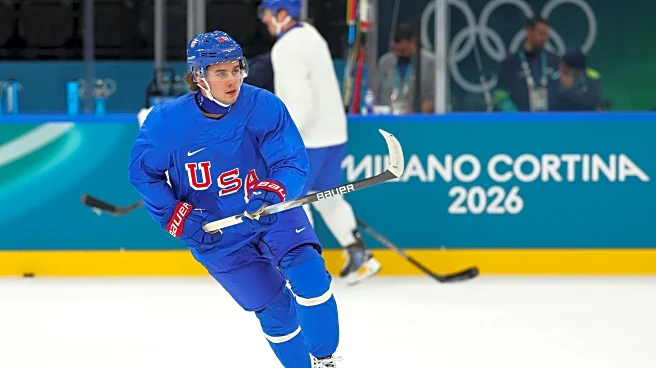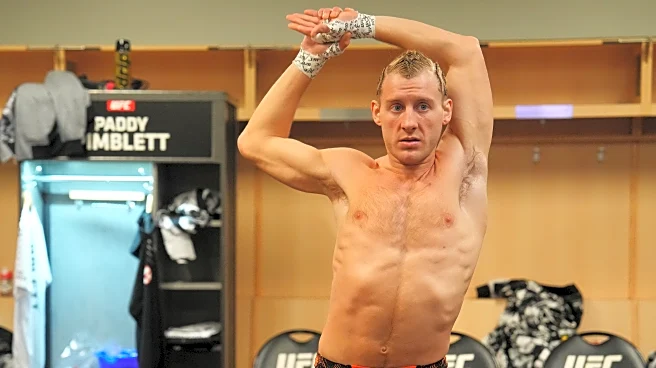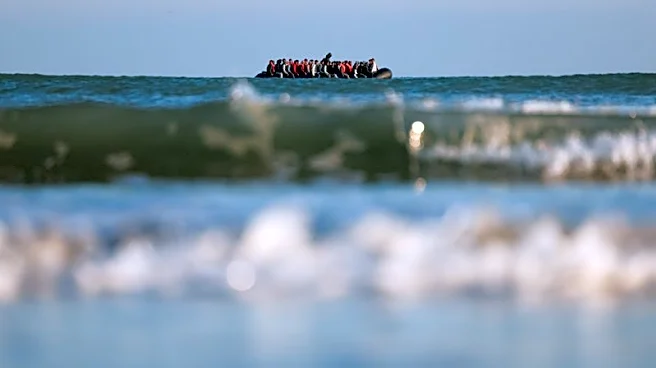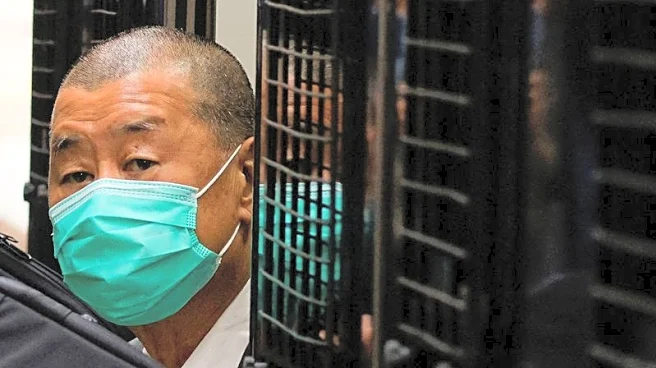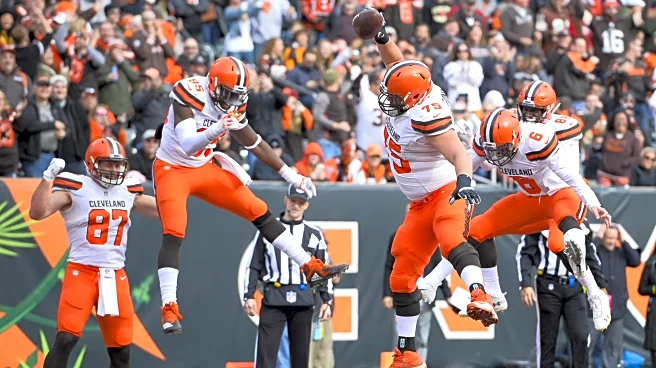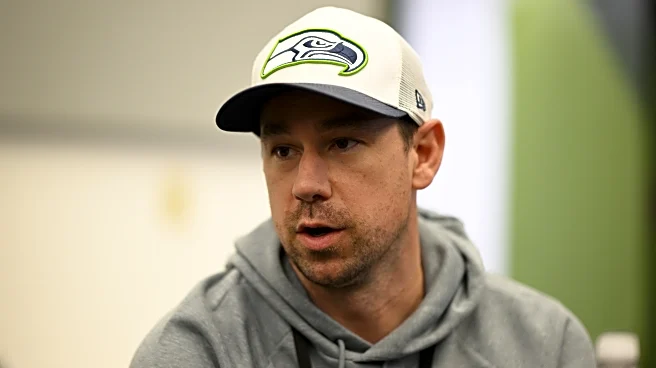What's Happening?
Kansas basketball coach Bill Self has expressed concerns over the NCAA's new eligibility guidelines that allow NBA G-League players to enter the transfer portal and apply for college basketball eligibility.
Speaking at the Big 12 basketball media days, Self admitted to not fully understanding the rule, which he believes could lead to unintended consequences. His comments come in the wake of Louisville's recruitment of London Johnson, a three-year G-League guard, marking a shift in college basketball recruitment strategies. Self, along with other prominent coaches like Tom Izzo and Kelvin Sampson, is wary of the potential impact on traditional recruitment from high schools and the transfer portal.
Why It's Important?
The NCAA's decision to allow G-League players eligibility in college basketball could significantly alter the landscape of college sports. This move may shift recruitment focus from high school athletes to professional league players, potentially affecting the development and opportunities for younger athletes. Colleges might prioritize experienced players from the G-League, which could lead to a reevaluation of recruitment strategies and scholarship allocations. The rule's implications could also influence the competitive balance within college basketball, as teams with the resources to scout and recruit G-League talent may gain an advantage.
What's Next?
As the NCAA's new rule takes effect, colleges and coaches will need to adapt their recruitment strategies. This may involve increased communication with NBA and G-League teams to identify potential recruits. The rule's impact on team dynamics and player development will be closely monitored, with potential adjustments to the guidelines if significant issues arise. Stakeholders, including college administrators and athletic directors, may push for clarifications or modifications to ensure fair competition and maintain the integrity of college sports.
Beyond the Headlines
The NCAA's decision raises ethical questions about the role of college sports in athlete development and education. The shift towards recruiting G-League players could blur the lines between amateur and professional sports, challenging the traditional model of college athletics as a stepping stone to professional careers. This development may also prompt discussions about the financial implications for colleges and the potential need for regulatory oversight to prevent exploitation of young athletes.
